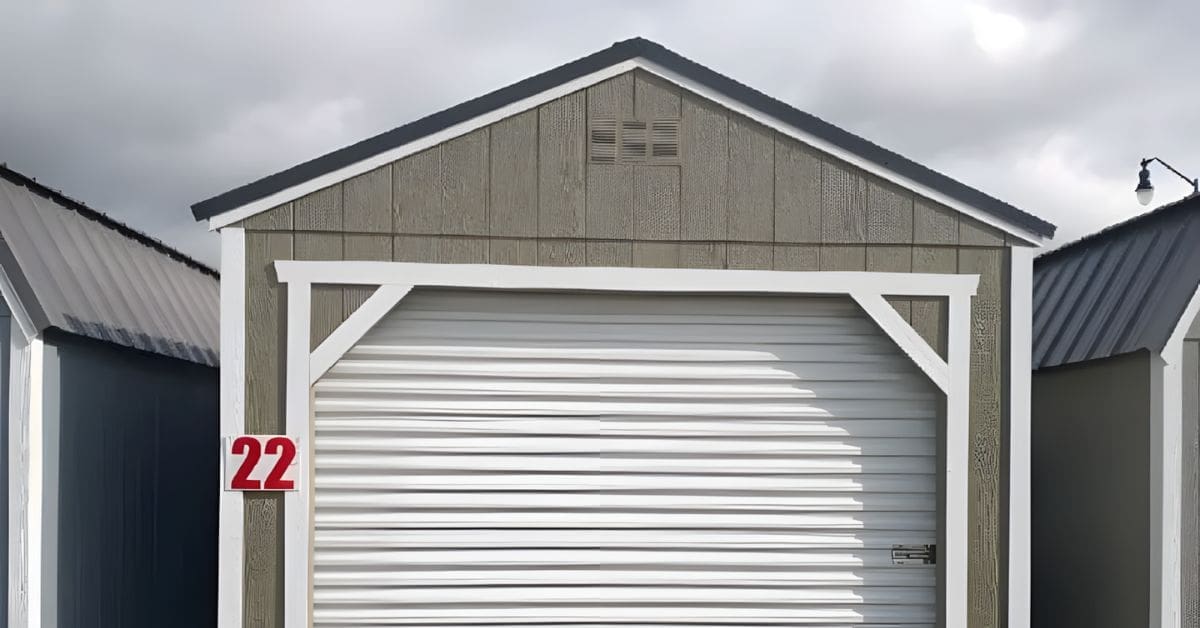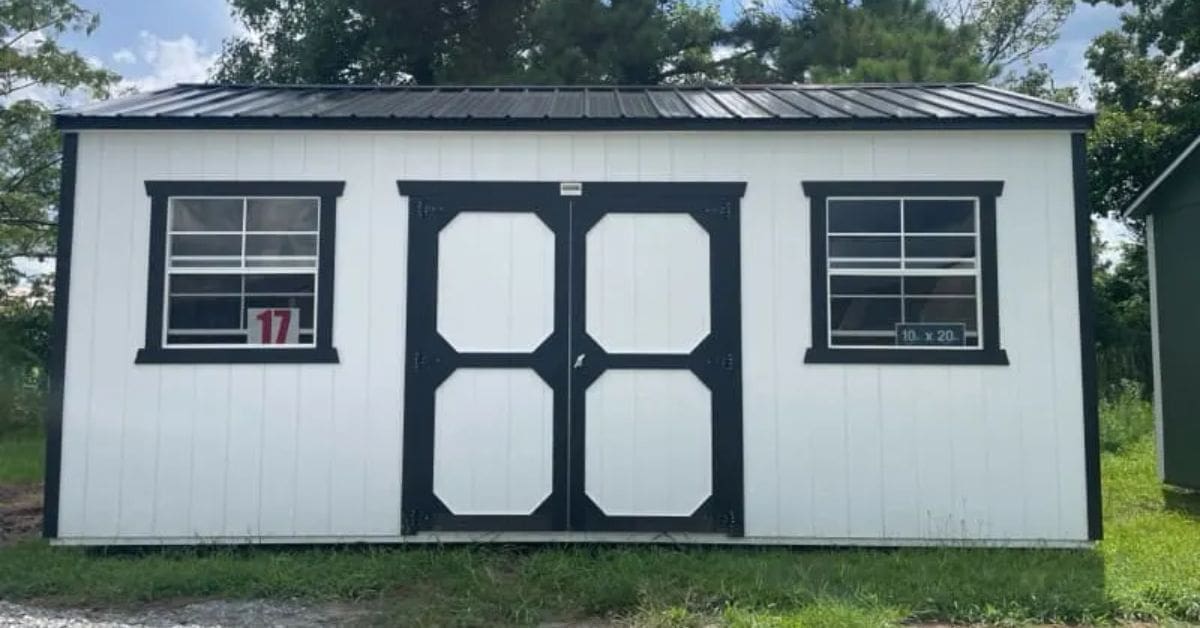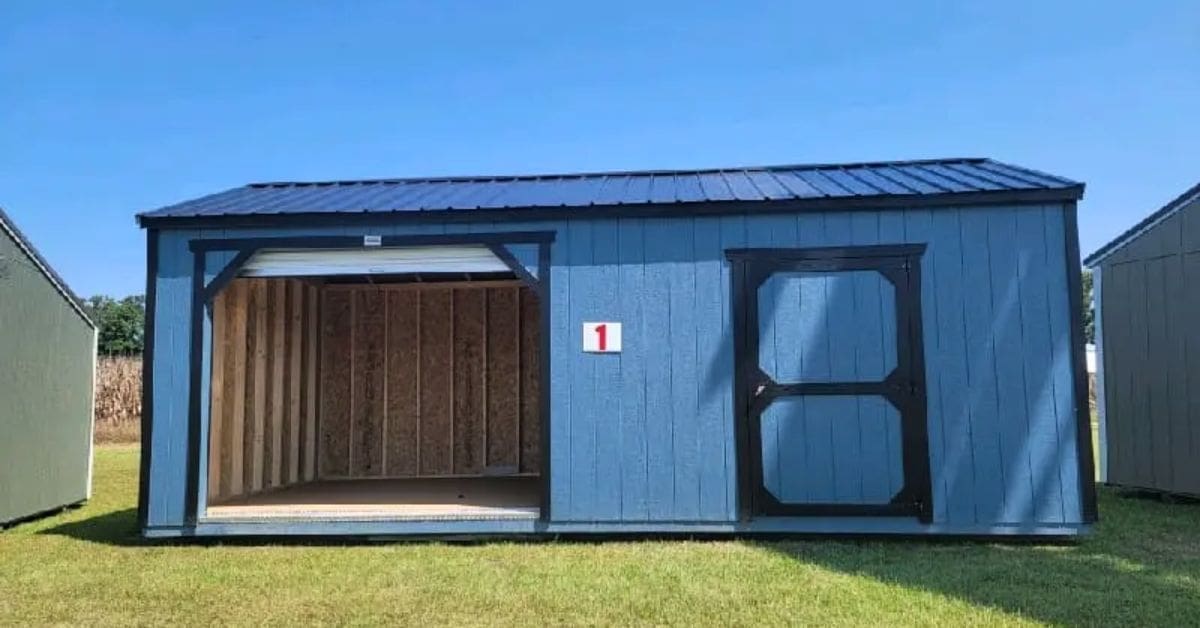
Before winter sets in, motorcycle enthusiasts must start to think about how they will protect their beloved rides from the harsh elements. Proper winter storage is an essential process that can save riders from costly repairs and safety issues when riding season returns.
Learn all you need to know about how to store your motorcycle in winter, including why storage matters and the steps you should take to make sure your bike is ready to roar come spring.
Why Winter Storage Matters
When winter rolls around, your motorcycle faces a host of potential hazards if it is left unprotected. From freezing temperatures to moisture buildup, the elements can wreak havoc on your bike’s components. Metal parts can rust, rubber seals can become brittle, and fluids can degrade or even freeze. This affects your motorcycle’s performance as well as its longevity and value.
Improper storage can lead to financial implications as well. A motorcycle that’s left sitting in the cold without adequate protection may require extensive repairs, costing you both time and money. In addition, a poorly stored bike might develop mechanical issues that could lead to accidents if not addressed before hitting the road again.
Motorcycle Storage Preparation
There are a few things you should consider when getting your bike ready for winter storage.
Clean and Dry Your Motorcycle
Before storing your motorcycle, you should clean it thoroughly since dirt, grime, and road salt accumulation can cause corrosion over time. Start by giving your bike a good wash, paying attention to the frame, wheels, and undercarriage. Once it’s clean, make sure to dry it completely to prevent moisture from causing rust or damage to the electrical components.
Change the Oil and Replace the Filters
Changing the oil and replacing the oil filter is a key step in winterizing your motorcycle. Old oil can contain contaminants that may harm the engine if left over the winter. Fresh oil will preserve the engine components and provide proper lubrication when you start the bike back up in the spring.
Stabilize the Fuel
A fuel stabilizer is essential when storing a motorcycle for extended periods. Add stabilizer to a full tank of gas, which helps prevent moisture buildup and fuel degradation. Run the engine for a few minutes after adding the stabilizer to ensure it’s distributed throughout the fuel system.
Disconnect and Maintain the Battery
Remove the battery from your motorcycle and store it in a cool, dry place. Consider using a trickle charger to ensure the battery maintains its charge over winter. This will prolong the life of the battery and ensure your bike starts easily when you’re ready to ride again.
Protect the Tires
To prevent flat spots on the tires, either lift the motorcycle to keep the weight off them or rotate them periodically. Ensure the tires are inflated to the recommended pressure to help maintain their shape and condition.
Cover and Store the Motorcycle
Choose a high-quality, breathable cover to protect your motorcycle from dust and moisture. Avoid using a plastic tarp, as it can trap moisture underneath and promote rust. Store the bike in a dry, sheltered area, ideally indoors, to protect it from the elements. By following these steps, your motorcycle will be kept in peak condition throughout the winter months.

The Right Storage Options
When it comes to selecting the best storage solution for your motorcycle during the winter months, consider the following key factors:
- Location: Determine whether you have space to store your motorcycle at home or need to consider renting a storage unit. An indoor area, such as a garage or secured facility, offers enhanced protection against weather conditions and potential theft.
- Security: Look for storage options that provide robust security measures, such as gated access, surveillance cameras, and personal lock options, to keep your motorcycle safe.
- Climate control: If possible, choose a storage space that offers climate control to maintain a stable temperature and humidity level. This can help prevent rust, corrosion, and damage to sensitive components.
- Cost: Evaluate the cost of storage and compare it with your budget. Balance affordability with the level of protection and convenience provided by the facility.
- Accessibility: Consider how often you’ll need to access your motorcycle during the storage period. Some facilities offer flexible access hours, allowing you to check on your bike as needed.
- Insurance coverage: Confirm whether your existing insurance policy covers your motorcycle while it is in storage. If not, consider additional insurance options to ensure protection against potential damage or theft.
By carefully considering these factors, you can select a storage option that best meets your needs and keeps your motorcycle safe throughout the winter.
Maintenance Tips During Storage
To make sure your motorcycle remains in top condition throughout the storage period, follow these maintenance tips:
- Check fluid levels: Periodically check your motorcycle’s fluid levels, including coolant and brake fluid, to ensure they are within the recommended range.
- Inspect for leaks: Regularly inspect the motorcycle for any signs of leaks or dripping fluids. Address any issues immediately to prevent further damage.
- Rotate tires occasionally: If lifting your motorcycle off the ground isn’t an option, rotate the tires every few weeks to help prevent flat spots and uneven wear.
- Start the engine: If possible, start the engine once a month and let it run for a few minutes to circulate oil throughout the engine and keep parts lubricated.
- Clean and lubricate moving parts: Clean and lubricate chains, cables, and other moving parts periodically to prevent rust and to ensure smooth operation.
- Keep the battery charged: Use a trickle charger on the battery to maintain its charge and extend its lifespan during the storage period.
By adhering to these maintenance tips, you can keep your motorcycle in excellent shape, ready to ride when spring arrives.

Preparations for Spring
When spring finally arrives, it’s time to retrieve your motorcycle from winter storage. Start with a thorough inspection to identify any potential issues that may have developed during storage. Look for signs of leaks, corrosion, or damage to components. Perform basic maintenance tasks, such as changing the oil and replacing any fluids that have degraded over time.
Before hitting the road, conduct a safety check of the brakes, lights, and tire pressure. Pay attention to moving parts and lubricate them as needed to ensure smooth operation. With a little care and preparation, your motorcycle will be ready for the open road once again.
Protect Your Investment Through Any Season
Proper care is crucial for maintaining your bike’s condition and performance. By learning how to store your motorcycle in winter, you can protect your investment and ensure it’s ready to go when the season changes.
If you’re looking for a reliable place to store your ride, Hinton Buildings is a reliable barn builder in NC. Contact us today to learn how our storage options can help you keep your motorcycle in top condition.
